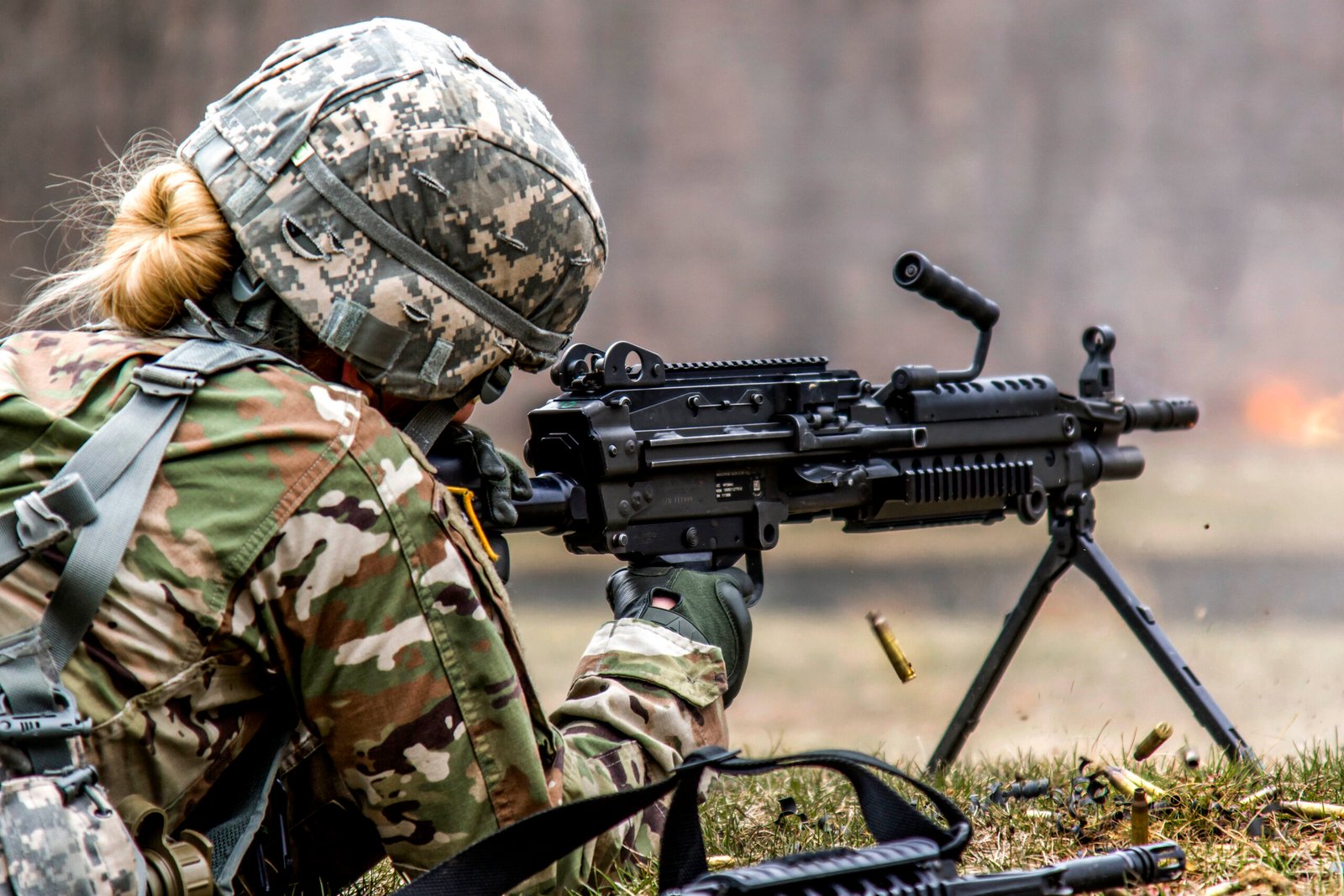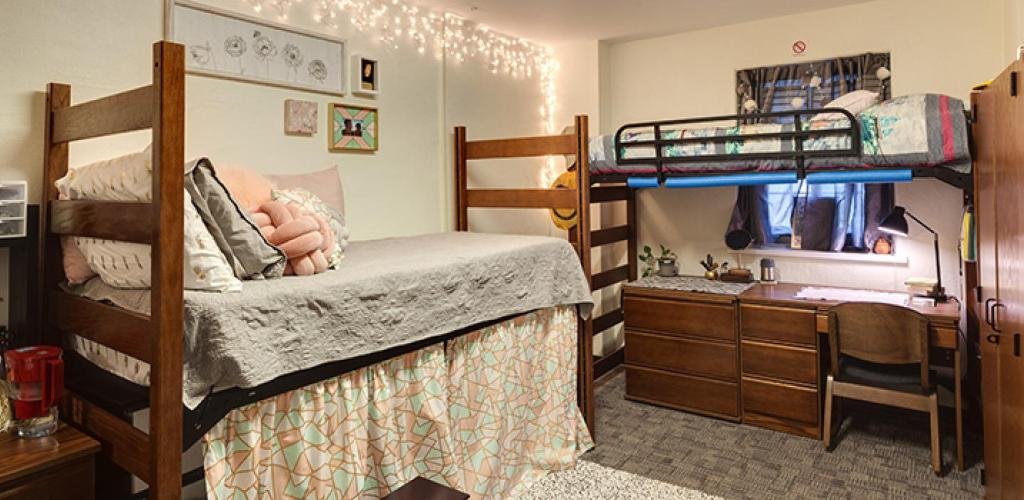Can You Own a Gun in France: Rules and Restrictions

Introduction
France strictly controls gun ownership, reflecting its stance on firearm regulation. Anyone contemplating gun ownership in France must understand these laws. This page covers the country’s complicated firearm laws, including the requirements and limitations that potential gun owners must follow.
Historical Context of Gun Control in France
Overview of French Firearm Legislation
The Code de la Sécurité Intérieure (Internal Security Code) primarily governs French firearm legislation. This code outlines the legal framework for possessing, using, and transporting firearms. The legislation categorizes firearms into different classes, each with specific regulations. For anyone interested in owning a gun in France, familiarizing yourself with these categories and their associated requirements is a fundamental step.
Categories of Firearms in France
In Can You Own a Gun in France, firearms are categorized into four primary classes, each with its own set of regulations:
Category A: Prohibited Firearms
Category A includes firearms that are generally prohibited for civilian ownership. This category encompasses fully automatic weapons, military-grade firearms, and certain types of high-caliber weapons. The prohibition on these firearms is rooted in concerns about their potential for misuse and the risks they pose to public safety.
Category B: Firearms Requiring Authorization
Category B covers firearms that require a special authorization for ownership. This category includes semi-automatic firearms, certain types of rifles, and handguns. To own a firearm in this category, individuals must obtain a specific license and meet strict eligibility criteria. The authorization process involves background checks, training requirements, and other conditions designed to ensure responsible ownership.
Category C: Firearms Requiring a Declaration
Firearms in Category C are subject to less stringent regulations compared to Categories A and B. This category includes certain types of hunting rifles and shotguns. While these firearms do not require the same level of authorization as Category B firearms, they still require registration and adherence to specific rules.
Category D: Firearms with Minimal Restrictions
Category D includes firearms with the fewest restrictions. This category primarily covers older firearms and certain types of air Can You Own a Gun in FranceCan You Own a Gun in France. While ownership of Category D firearms is less regulated, they are still subject to basic safety and registration requirements.
Eligibility Requirements for Gun Ownership
Can You Own a Gun in France, individuals must meet several eligibility criteria. These requirements are designed to ensure that only responsible and qualified individuals are granted access to firearms. Key eligibility criteria include:
Age Requirements
In France, the minimum age for owning a firearm varies depending on the category of the weapon. Generally, individuals must be at least 18 years old to possess firearms in Categories B, C, and D. For certain types of firearms, such as handguns, the minimum age may be higher. Additionally, individuals must be at least 21 years old to apply for a firearm license in Category B.
Background Checks
Background checks are a crucial component of the firearm ownership process in France. Prospective Can You Own a Gun in France must undergo a thorough background investigation to ensure they do not have a criminal record or any history that would disqualify them from owning a firearm. This process includes checks on both national and international criminal databases.
Mental Health Assessments
Qualified healthcare professionals conduct mental health assessments to determine whether an individual is psychologically fit to own a firearm. They aim to identify any mental health conditions that may pose a risk to public safety.
Licensing and Registration Procedures
Obtaining a firearm license in France involves a detailed application process. This process varies depending on the category of the firearm and the individual’s circumstances. Key steps in the licensing and registration procedures include:
Application Process
The application process for a firearm license involves submitting a detailed application form along with supporting documentation. This documentation may include proof of identity, proof of residence, and evidence of compliance with eligibility requirements. The application is reviewed by local law enforcement authorities, who assess the applicant’s suitability for firearm ownership.
Training and Certification
Individuals applying for a firearm license must complete a training course that covers firearm safety, handling, and maintenance. This training ensures that gun owners gain knowledge about the proper use and care of their firearms. Upon successfully completing the training course, individuals receive a certification required for the licensing process.
Registration of Firearms
Once a firearm license is granted, the firearm must be registered with the appropriate authorities. This registration process involves documenting the firearm’s details, including its make, model, and serial number. Registered firearms are subject to periodic inspections to ensure compliance with safety and regulatory standards.
Storage and Transportation Regulations
Proper storage and transportation of firearms are critical for maintaining public safety. France has established specific regulations governing how firearms must be stored and transported to prevent unauthorized access and ensure safe handling. Key regulations include:
Storage Requirements
Firearms must be stored in a secure manner to prevent unauthorized access. This typically involves using a locked safe or cabinet designed for firearm storage. Ammunition must be stored separately from firearms to reduce the risk of accidental discharge.
Hunting and Sporting Firearms
In France, hunting and sporting firearms are subject to specific regulations designed to ensure responsible use. These regulations specify which types of firearms hunters can use, outline the conditions for their use, and establish the licensing requirements for hunters and sports shooters.
Hunting Firearms
Hunting firearms in France are typically classified under Category C. To legally hunt with a firearm, individuals must obtain a hunting license and comply with regulations governing hunting seasons, permitted game, and hunting methods. Hunters must also undergo periodic training and certification to maintain their license.
Sporting Firearms
Sporting firearms used for target shooting and competitive sports are generally classified under Category B. Sports shooters must meet specific eligibility requirements, including membership in a recognized shooting club and participation in regular training and competitions. The use of sporting firearms is regulated to ensure fair competition and safety.
Self-Defense and Concealed Carry
The right to carry a firearm for self-defense is a complex and highly regulated issue in France.
Self-Defense Regulations
In France, firearms for self-defense are subject to strict regulations. The possession of firearms for self-defense purposes requires a specific license and justification for the need to carry a firearm. Individuals seeking to carry a firearm for self-defense must provide evidence of a credible threat to their safety and demonstrate a legitimate need for such protection.
Concealed Carry Laws
In France, the law generally prohibits the concealed carry of firearms. To carry a concealed firearm, individuals must obtain a special permit. Authorities rarely grant this permit, and applicants must provide a compelling reason. The restrictions on concealed carry reflect the country’s emphasis on public safety and the need to minimize the risk of firearm misuse.
Legal Consequences of Violating Firearm Laws
Violating firearm laws in France can result in severe legal consequences. The legal framework includes strict penalties for unauthorized possession, misuse of firearms, and other violations. Understanding these consequences is essential for ensuring compliance with the law and avoiding legal repercussions.
Penalties for Unauthorized Possession
Unauthorized possession of firearms, including those categorized under Category A or B, can result in criminal charges and significant penalties. Penalties may include fines, imprisonment, and confiscation of the firearm. The severity of the penalties depends on the nature of the violation and the individual’s criminal history.
Misuse of Firearms
The misuse of firearms, including reckless handling, unlawful discharge, and use in criminal activities, is subject to severe legal penalties. Misuse of firearms can result in criminal charges, imprisonment, and other legal consequences.
International Comparisons: Firearm Laws in France vs. Other Countries
Comparing firearm laws in France to those in other countries provides valuable insights into the country’s regulatory approach and its impact on public safety. Examining international variations in firearm legislation highlights the differences in regulatory philosophies and enforcement practices.
Comparison with Other European Countries
Comparing French laws with those of neighboring countries provides a broader perspective on firearm regulation in Europe.
Conclusion
French gun ownership is complicated and needs careful consideration of strict regulations. The country’s weapon ownership policy balances individual rights with public safety and responsible use. Understanding French weapon ownership laws, from eligibility and licensing to storage and movement, is crucial. France takes gun regulation seriously with stringent weapon classification, background checks, and mental health exams. Knowing the law is crucial for gun owners. French firearm regulations maintain legal compliance and promote responsible ownership and use, making society safer.
FAQs
Can foreigners own guns in France?
This includes obtaining the necessary permits, meeting eligibility requirements, and undergoing background checks and mental health evaluations.
What types of firearms are prohibited in France?
In France, civilians cannot own Category A firearms. This category includes fully automatic weapons, military-grade firearms, and certain high-caliber weapons. Authorities implement this prohibition to prevent the misuse of firearms that could pose significant risks to public safety.
How can one obtain a license for a Category B firearm?
To obtain a license for a Category B firearm, individuals must submit an application to local authorities, complete a training course on firearm safety, and undergo background checks and mental health evaluations.
What are the penalties for violating firearm laws in France?
Penalties for violating firearm laws in France can be severe and include fines, imprisonment, and confiscation of the firearm.
Are there specific regulations for transporting firearms in France?
Yes, transporting firearms in France is subject to strict regulations. Compliance with these regulations is essential to ensure safety and adherence to the law.










